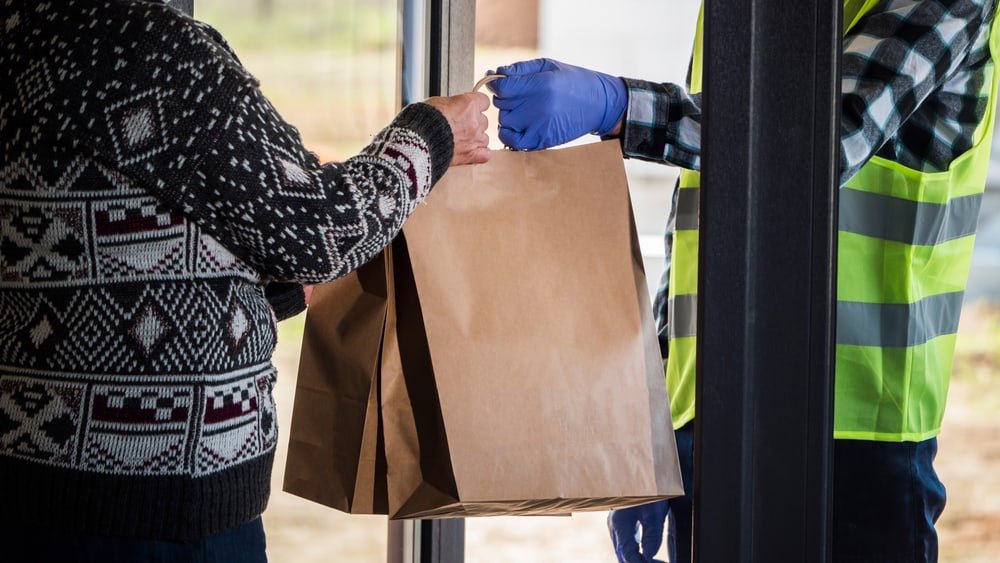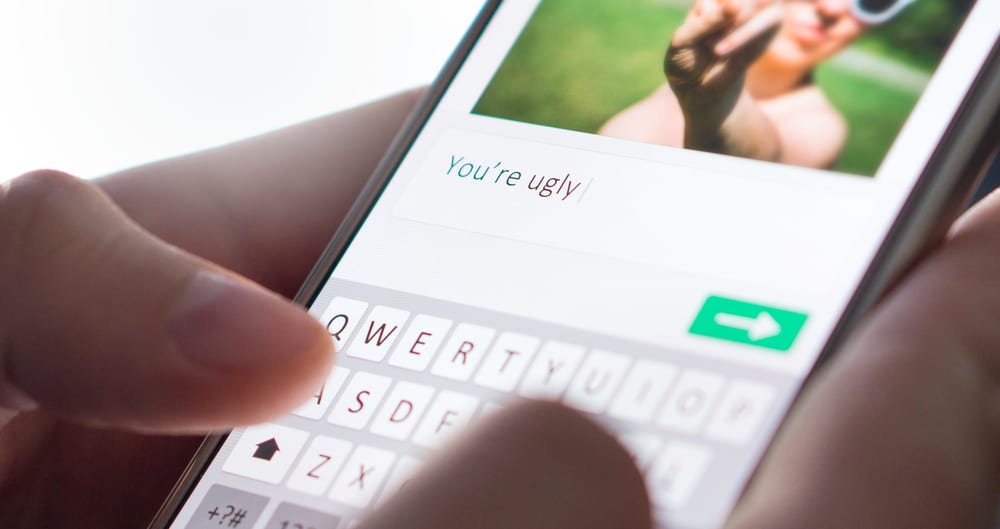
If there is one thing positive to come out of the global pandemic, it is the countless examples of communities coming together to support one another during the most desperate of circumstances. With the knowledge that COVID-19 is most likely to have serious adverse effects on the vulnerable (seniors and/or those with underlying health conditions), many have been going out of their way to protect those that have been asked to shield.
We have seen kind volunteers give their time to deliver shopping and other necessary supplies to the doors of those isolated from the virus and, with that, the virus as well as a complete change as to how we go about our daily lives. The introduction of face masks in enclosed spaces such as shops and public transports, to reduce the potential spread of germs, showcase consideration towards others. After all, we have been constantly reminded, to get through this crazy period in time, we all have to pull together.
But, could we be doing more?
What More Could I be Doing?
With the collective efforts of those around us, we need to look at ourselves in the mirror and ask if what we are doing is actually enough? Are we doing everything that we can, individually, to make a difference? Or are we hiding behind the efforts of others, believing that we are making a difference simply by supporting what they are doing, rather than joining?

Many, we suspect, fall into the latter. Of course, everyone has their own circumstances that they must contend with – for this reason, it is not right to persecute someone because they may not have the time to volunteer to pick up someone else’s shopping. For all we know, they may barely have time to do their own shopping.
For those of us who could do more, the question is a simple one – why? Why are we not doing more? What more could we be doing and how can we do it? It is a question that only we, ourselves, know the answer to. Whether it is doing more to support those who are most in need, both during and after the pandemic, or doing everything that we can to adhere to social distancing guidelines, anything we can do will make a difference.
Looking at Other Cultures
We are incredibly lucky to be able to look at a plethora of other cultures of which we can take examples from to enrich and improve our own lives. One of the greatest examples of how it is enshrined in culture to look after one another is in Islamic duties, of which giving to charity is one of the five pillars of Islam. While Muslims have charitable obligations such as Zakat and Qurbani, whereby followers must make a donation, it is also commonplace for donations to charity to be given as Eid gifts, which is seen to yield great rewards both for those giving and receiving.
Few cultures do so much to look after those who are most in need as Islam, but it is certainly not the only one. Christianity is another religion that drums home the importance of being there to support those who are in need, with churches regularly teaching those who attend to love thy neighbor and to demonstrate empathy and understanding to others.
Not one culture is perfect and, as we continue to evolve in terms of multi-culturalism, we will learn and take on more examples from others that we can bring into our daily lives.
The Local Community
You can make a difference in your local community simply by being an upstanding member that offers support in the simplest of ways. This also need not feel like a chore or something that you feel as though you have to do – if you can enjoy yourself whilst helping others, you are more likely to continue doing so and, in return, those that you support will benefit better from it.
Take a passion of yours and share it with others. For example, someone that is a keen sports fan can volunteer their time to run a sports club for children or adults that may not have the opportunity to play. Through this, not only does a section of a community have a means of exercise, but it brings them together socially which helps to create and form relationships that could last a lifetime.
It doesn’t have to be a sport to bring people together. It could be anything from arts and crafts, parent and baby groups to music and book clubs. By signing up to volunteer, or creating your group from scratch, you might be pleasantly surprised by the difference that you can make not just to others, but to you as well.
The Online World
There are two different worlds. The physical world that we know, and the virtual world where we communicate online through social media. These are two very different places and, often, so are the people that you meet. Someone that you meet in person could, on the face of it, be the nicest person that you could hope to encounter while, behind a computer screen, could be the complete opposite.

Why do so many take advantage of social media, and other online platforms, to spread hate? Often, it is through insecurities of themselves that drive them to pull down others to, somehow, make themselves feel better. As well as these individuals, known as ‘online trolls’, you will also come across others who, deliberately, spread inaccurate stories – often referred to as ‘fake news’.
To make a positive difference online, all you have to do is two things. Firstly, just be kind and don’t use social media as a platform to spread hate or intentionally share inaccurate stories and, secondly, when you encounter anything of the sort make sure to report and block those accounts. As more of the world moves online, especially children, we must do what we can to try and keep the virtual world, as well as the physical one, safe for everyone.
As you can see, it doesn’t take a lot to make a difference in this world and, together, if we can all just be a little bit better than the world will be a much nicer place to be for everyone.




